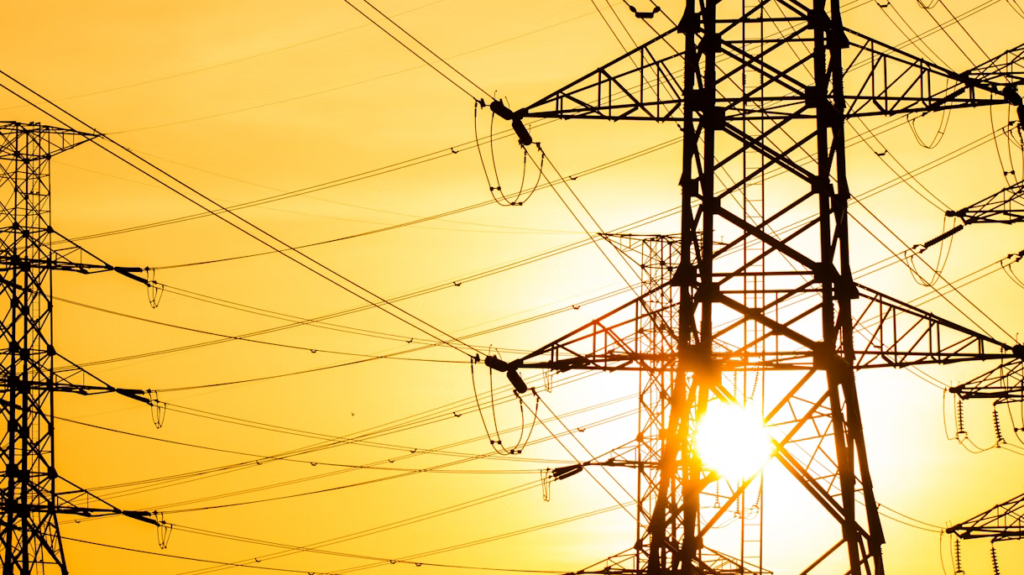
The Africa Sustainable Energy Dialogue, the flagship event of the Africa Sustainable Energy Center (ASEC), convened on May 16 to examine the root causes of Africa’s persistent energy access challenges.
Held virtually across the Center’s platforms, this year’s dialogue was themed: “Bridging Africa’s Energy Access Gap: Challenges, Innovations and Path Forward.”
The dialogue brought together leading voices in African energy, who challenged common narratives around the continent’s energy poverty and instead called for a deeper examination of structural, political, and economic barriers.
“Most often, we hear that over 600 million Africans do not have access to electricity. We hope this doesn’t become a cliché,” one of the moderators noted. “At the Center, we believe it is time to change the narrative. Instead of merely quoting the numbers, we need to focus on the socioeconomic consequences of this lack.”
Speaking during the dialogue on the reason why energy access remains out of reach for over 600 million Africans—whether it is political, infrastructural, or economic—panelists made it clear that the issue goes beyond just a lack of resources.
The Secretary-General of the African Petroleum Producers Organisation (APPO), Dr. Omar Farouk Ibrahim, offered a critical perspective.
“I don’t believe poverty is responsible for our not having access to energy,” he said. “Africa’s biggest challenge is really visionary leadership. We lack political will. Our decisions often satisfy immediate wants rather than long-term goals.”
Dr. Ibrahim explained that while Africa produces ample oil and gas, the majority is exported. “Today, 75% of the oil we produce and 45% of our gas is exported out of Africa. The real beneficiaries are not the masses but the elite.”
He added that Africa must prioritize using its energy resources to serve its people. “If we commit to making energy accessible to our people—for homes, industries—everything else will follow.”
Former Executive Secretary of Ghana’s Energy Commission, Dr. Alfred Ofosu Ahenkorah, reinforced the view that political leadership is the linchpin to addressing the crisis.
“Access to energy is a matter of leadership,” he said. “No individual electrifies a country. Government must lead the charge.”
Drawing on Ghana’s own electrification history, Dr. Ahenkorah noted that it took decades of deliberate, state-led planning—starting with the Akosombo Dam and culminating in the National Electrification Program—to boost access from just 19% in 1989 to over 87% today.
From a regional perspective, Monique Motty of the African Development Bank pointed to deeper systemic and historical issues.
“The barriers to energy access reflect a larger issue—our development path hasn’t always prioritized our identity or interests,” she said. “We’re navigating systems that weren’t designed for us, and we need to interrogate whether our political structures support our development goals.”
Professor Abubakar Sambo, former Special Adviser to the President of Nigeria on Energy, outlined the interlocking economic, infrastructure, and political challenges.
“It’s a complex web—limited financing, aging infrastructure, and insufficient leadership,” he said. “Most governments have competing demands—health, education, security—and energy is often underfunded.”
He also cited investor hesitation due to market instability, weak regulatory frameworks, and corruption as key obstacles. “Subsidy regimes, while well-intentioned, are often poorly managed and discourage private investment.”
Kweku Andoh Awotwi, Board Chairman of United Bank for Africa (UBA) Ghana and a developer of Independent Power Producers (IPPs), traced the crisis back to a post-independence legacy of treating electricity as a social service.
“For decades, the state believed electricity was a public good and didn’t mobilize the capital needed to generate, transmit, and distribute it effectively,” he said. “Even when countries unbundled and privatized, the sector remained crippled by debt and underperformance.”
He highlighted the continent’s slow adoption of decentralized renewable energy systems, especially in solar. “We’re not deploying grid-parity solar solutions because our power systems are financially unsustainable.”
The dialogue concluded with a unifying call: Africa must take ownership of its energy future. That means shifting priorities, embracing inclusive governance, and deploying energy as a foundation for economic transformation.
As one speaker summarized: “Africa is not poor. We should never be poor. The real task is getting the fundamentals right—starting with energy.”
DISCLAIMER: The Views, Comments, Opinions, Contributions and Statements made by Readers and Contributors on this platform do not necessarily represent the views or policy of Multimedia Group Limited.
DISCLAIMER: The Views, Comments, Opinions, Contributions and Statements made by Readers and Contributors on this platform do not necessarily represent the views or policy of Multimedia Group Limited.